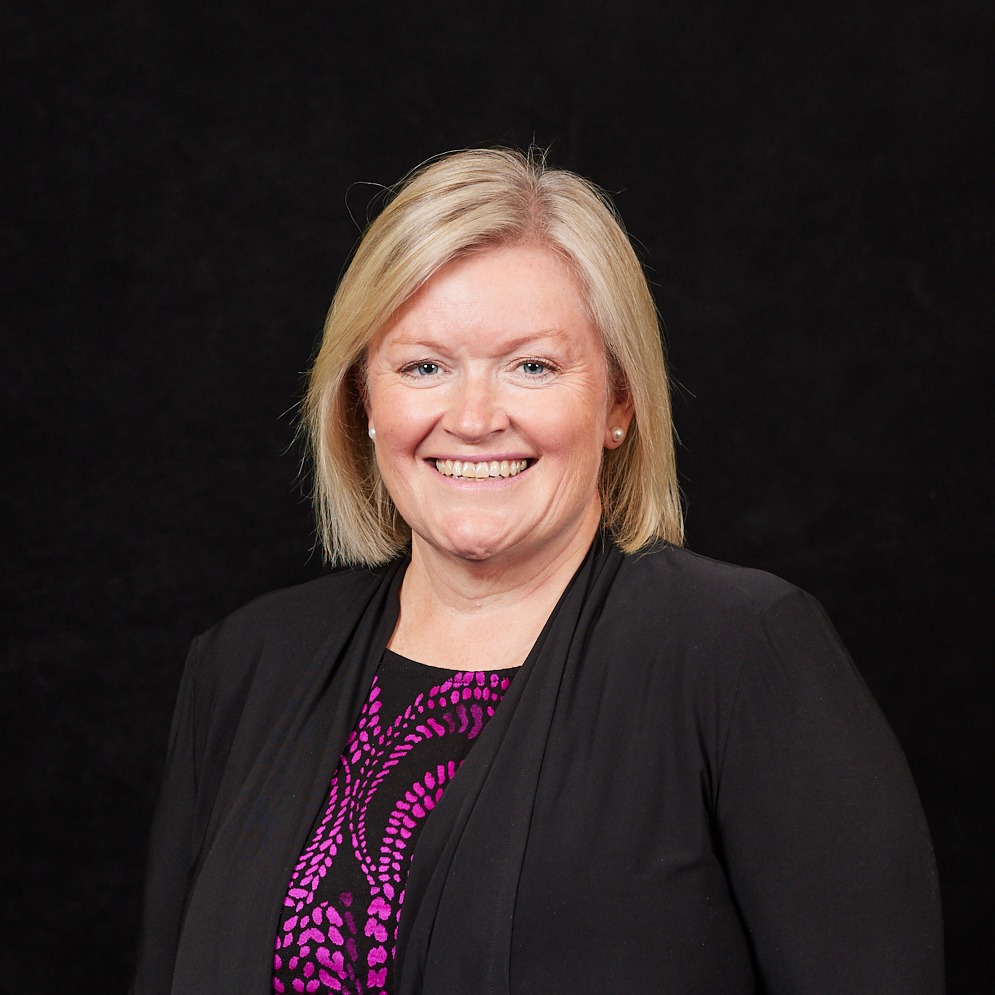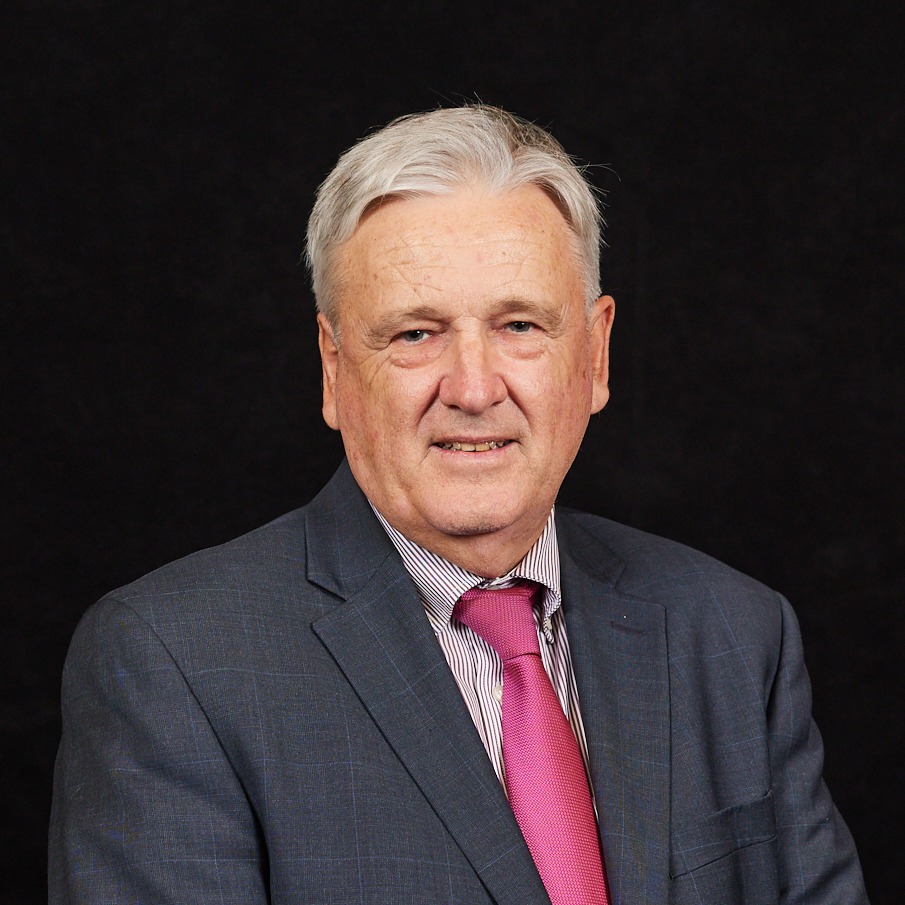2023 Australian Accounting Hall of Fame Dinner and Awards Ceremony

| 
|  |

| 
| |
8 March 2023
Five pioneers of accounting have been inducted in the Australian Accounting Hall of Fame for their outstanding achievements in the field.
In a return to a live ceremony after two years of Covid-caused online functions, the 14th annual Awards Ceremony was held at University House on the evening of Wednesday 8 March. Over 100 guests from the accounting profession, academia, business and government turned out to honour the 2023 inductees.
Participants were welcomed by the MC for the evening, Ms Jane Hronsky, on behalf of her fellow directors of the Centre for Accounting and Industry Partnerships: Associate-Professor Brad Potter, professors Stewart Leech and Michael Davern, and former Deloitte partner, Stuart Black.
The 2023 inductees were Ms Fiona Campbell, Professor Peter Easton, the late Mr Garrett Fitzgerald CMG, Professor Emeritus Kim Langfield-Smith and Professor Stephen Taylor. Ms Rachel Grimes, who was also elected to the Hall, had commitments preventing her from attending and will be formally inducted at the 2024 ceremony.
In her opening remarks Ms Hronsky observed that the function was occurring on International Women’s Day and that, fittingly, half the nominees elected to the Hall were female.

L-R standing: Stephen Taylor, Kim Langfield-Smith, Stu Black, Brad Potter, Rebecca Keppel Jones (CPA), Simon Hann (CAANZ), Peter Easton, Fiona Campbell, Stewart Leech
L-R seated: Michael Davern, Helen Wedd (rep. her father Garrett Fitzgerald), Phill Cobbin, Jane Hronsky
2023 Colin Ferguson Oration
This year’s Colin Ferguson Oration was delivered by Professor Emeritus Ron Weber, himself a 2018 inductee into the Hall, who had been a colleague of Colin at the University of Queensland (UQ) during 1995–2004. In his opening remarks, Professor Weber attested to the enormous impact that Colin had had on UQ, including establishing an executive-in-residence program and enhancing departmental-business relations.
The major theme of the oration was “some prognostications – Artificial Intelligence [AI] and Accounting”. In developing his theme, the orator drew variously on evolutionary biology, philosophy and examples of AI applications such as Siri speech-recognition software and chess-playing programs.
His starting point was that if computer programs were to have any chance of emulating human intelligence the intractable “mind-body problem” needed to be solved, ie ascertaining exactly what constitutes the human mind, how our consciousness arises and how it relates to our bodies.
Human consciousness and intelligence, seen as embodying properties such as empathy, sympathy, love and self-sacrifice, were hypothesised to have arisen from evolutionary processes occurring over eons. These processes involved phenomena interacting with each other to produce new and more complex phenomena with novel properties – labelled emergent properties – not possessed by their originators. Additionally, these higher-level phenomena had the capacity to affect the properties of their lower-level components.
The modern humans arising from these processes possess trillions of cells, each comprising trillions of atoms, all possessing emergent properties. The philosophical theory drawn on by Professor Weber hypothesises that, in humans, these emergent properties reached a kind of stasis that is labelled consciousness and intelligence. The problem with trying to simulate human intelligence is that we do not know which connections exist or, even if we did, how they might be replicated.
In contrast, machine intelligence, exemplified by Siri, chess-programs and, of concern to academics, ChatGPT, work nothing like human intelligence. Siri depends on speech being converted to a sound file which is then matched against a database of sounds and their corresponding words. Pattern-recognition techniques are used on an enormous database of phrases, questions and answers to predict what is being said and its meaning.
With chess-playing programs, moves are tested against a huge database of grandmaster games, winning endgames and so on using sophisticated algorithms that can examine millions of positions in a second to optimally evaluate next moves.
Given the belief that AI will never simulate human intelligence, the challenge in accounting is identifying those tasks where humans are likely to have a long-term comparative advantage over computers, tasks likely to require the human attributes previously described. Conversely, thought needs to be given to accounting tasks for which the comparative advantage lies with AI, tasks amenable to machine learning algorithms and, pattern-matching and classification techniques. The latter will provide opportunities both to withdraw from those task but also to provide better information about economic phenomena, thereby expanding the work of accountants.
Hall of Fame Inductions
Following the oration, the Director of the Hall, Dr Phillip Cobbin, then conducted the formal inductions which comprised citations being read by nominators followed by responses from inductees and the presentation of scrolls to each inductee by Professor Weber. In the case of Mr Fitzgerald, the response was given by his 90-year-old daughter, Mrs Helen Wedd.
Accounting in Australia has a long and distinguished history. There have been many individuals whose achievements, both alone and in combination with others, have been significant and whose impact on the discipline has been profound. The Australian Accounting Hall of Fame seeks to identify and recognise these individuals and their contributions.